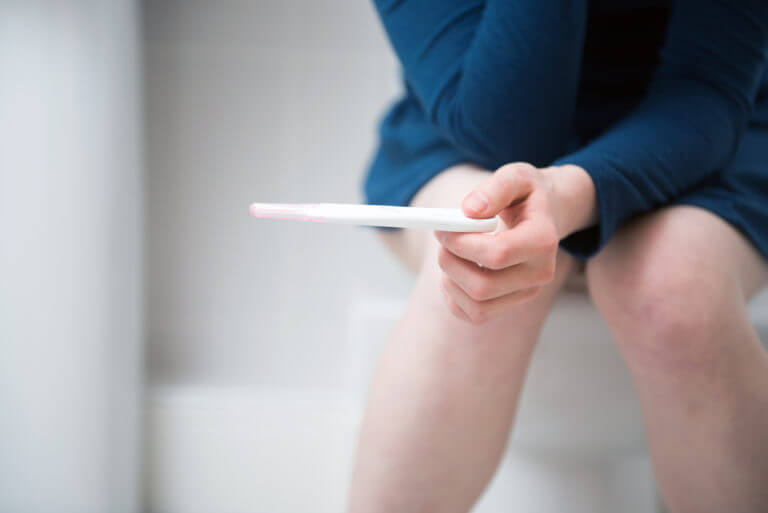
Many people would agree that getting pregnant and having the chance to raise a child is one of the happiest moments of their lives. Knowing that you are going to welcome a little baby into your life can also be overwhelming, so knowing what to expect (no pun intended), is very important.
For many women, the thought of conceiving a child or believing they may be pregnant can invite a whole bunch of different feelings. Sometimes pregnancy can be a surprise, so the decision of when to take a pregnancy test can be a major source of anxiety. However, it can also be cause for great joy and excitement, regardless of whether it’s expected or not.
For those of you who are worried or concerned that you might be pregnant, you may be considering a test. Either because your period is late, or because you think you’re having pregnancy symptoms. Or, perhaps, you’re concerned your chosen method of birth control failed, or maybe you forgot to use contraception. So, if you are debating when to “pee on a stick,” you may be wondering when the best time is.
You are experiencing all the signs of pregnancy: late period, bloating, fatigue, sore breasts, morning sickness, etc. The most popular first pregnancy signs also include cramps, food aversions, food cravings, exhaustion, and frequent urination. Your body has a way of letting you know that things are not going as they normally would.
Experiencing these tell-tale signs of pregnancy may lead you to want to take a pregnancy test right away, but the truth is, even though you and your partner think you may have conceived your first child it might not be the right time. Simply put, just because you are experiencing symptom A or symptom B, there is an optimal time to take a home pregnancy test. Taking a test too early after unprotected sex or after suspect signs of pregnancy can give you what is called a false-positive or false-negative result, even if you are in fact pregnant.
If you’re not already keeping track of your menstrual cycle or a fertility calendar, this a good reason to start one. If your cycles are normally irregular, don’t take a test until your most recent period is done. For example, if your cycles normally or on average ranges from 30 to 36 days, the best time to take a pregnancy test would be day 37 or later.
So, to answer the main question of when the best time is to take a pregnancy test, it is best to take one usually the first day after you missed your period. The reason being that a number of home pregnancy tests claim to show a positive pregnancy result 99 percent of the time, during this interval. But research shows that most home pregnancy tests do not spot pregnancy that early. However, if one wants to be sure they are pregnant, medical experts reveal that it is recommended to wait until a week after the usual expected period to get the most accurate results.
To learn more about the right time to take a pregnancy test and what to expect, call University OB/GYN Associates at (315) 464-5162 to request an appointment or request an appointment online.



